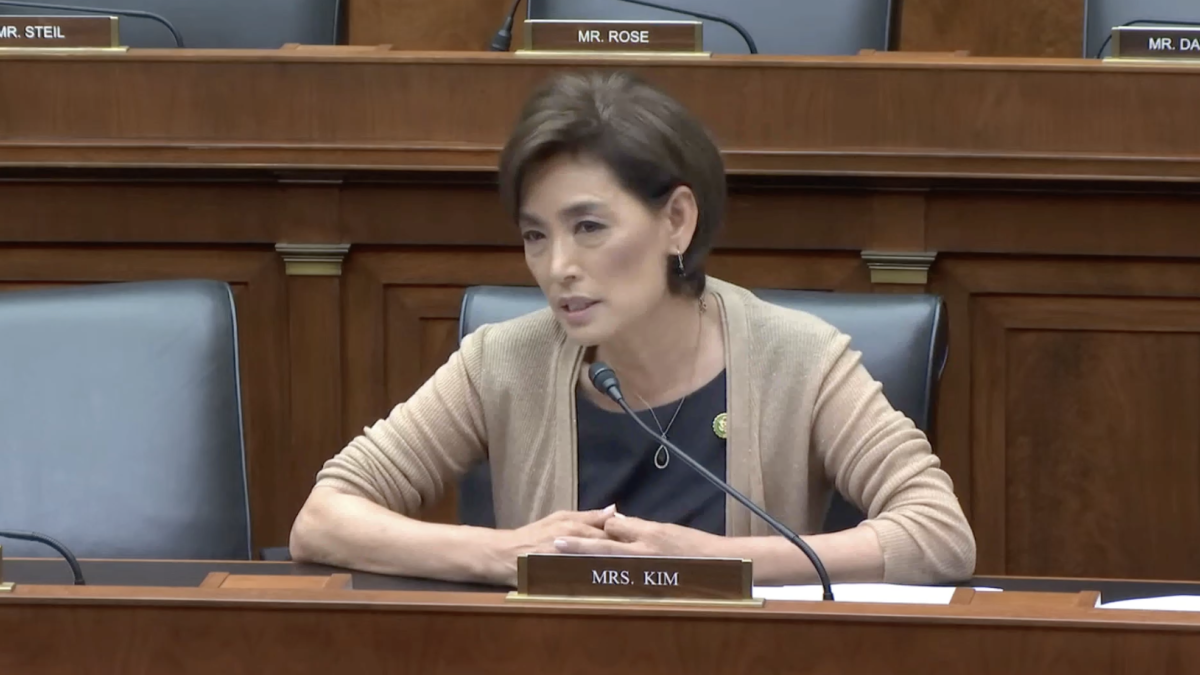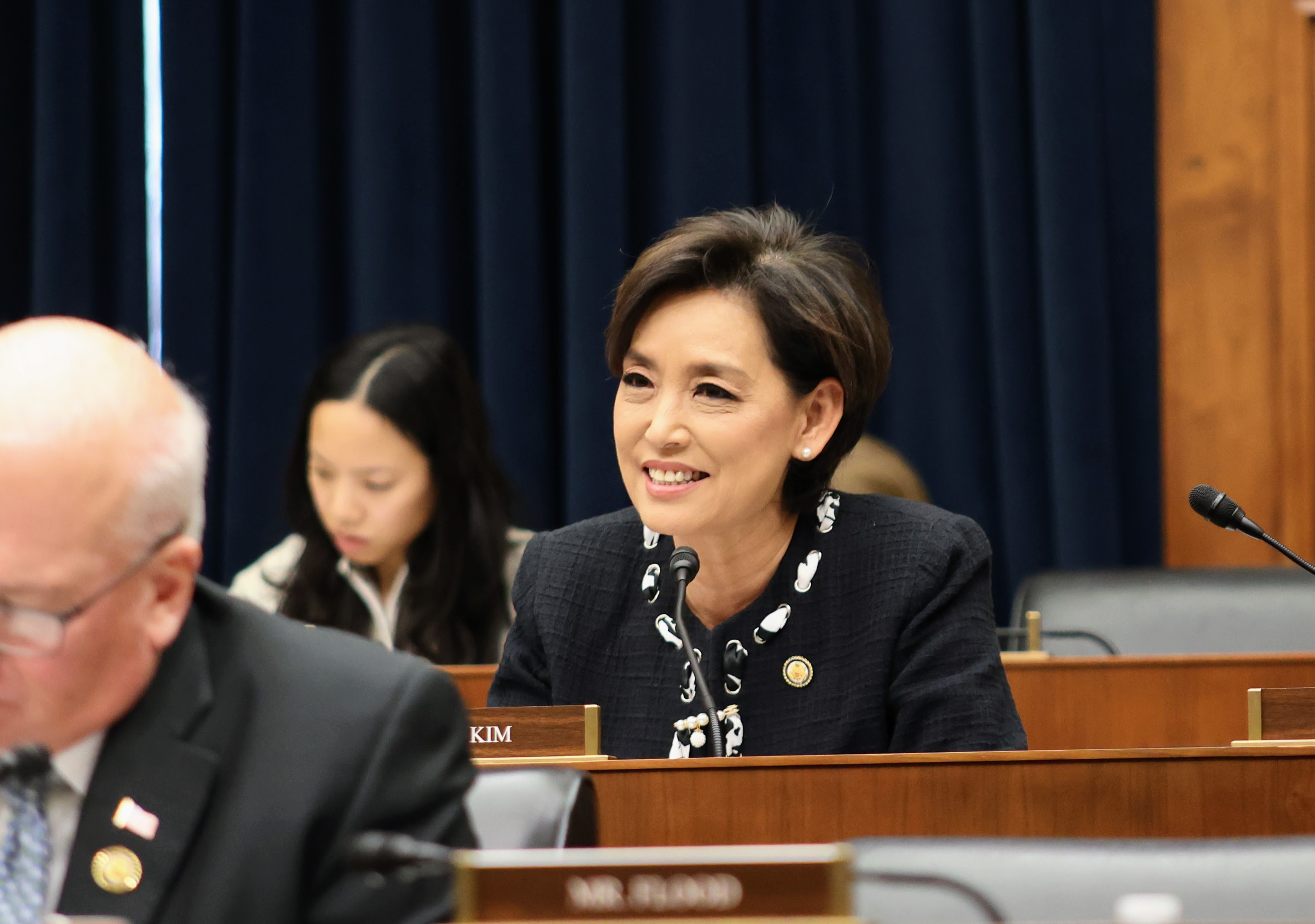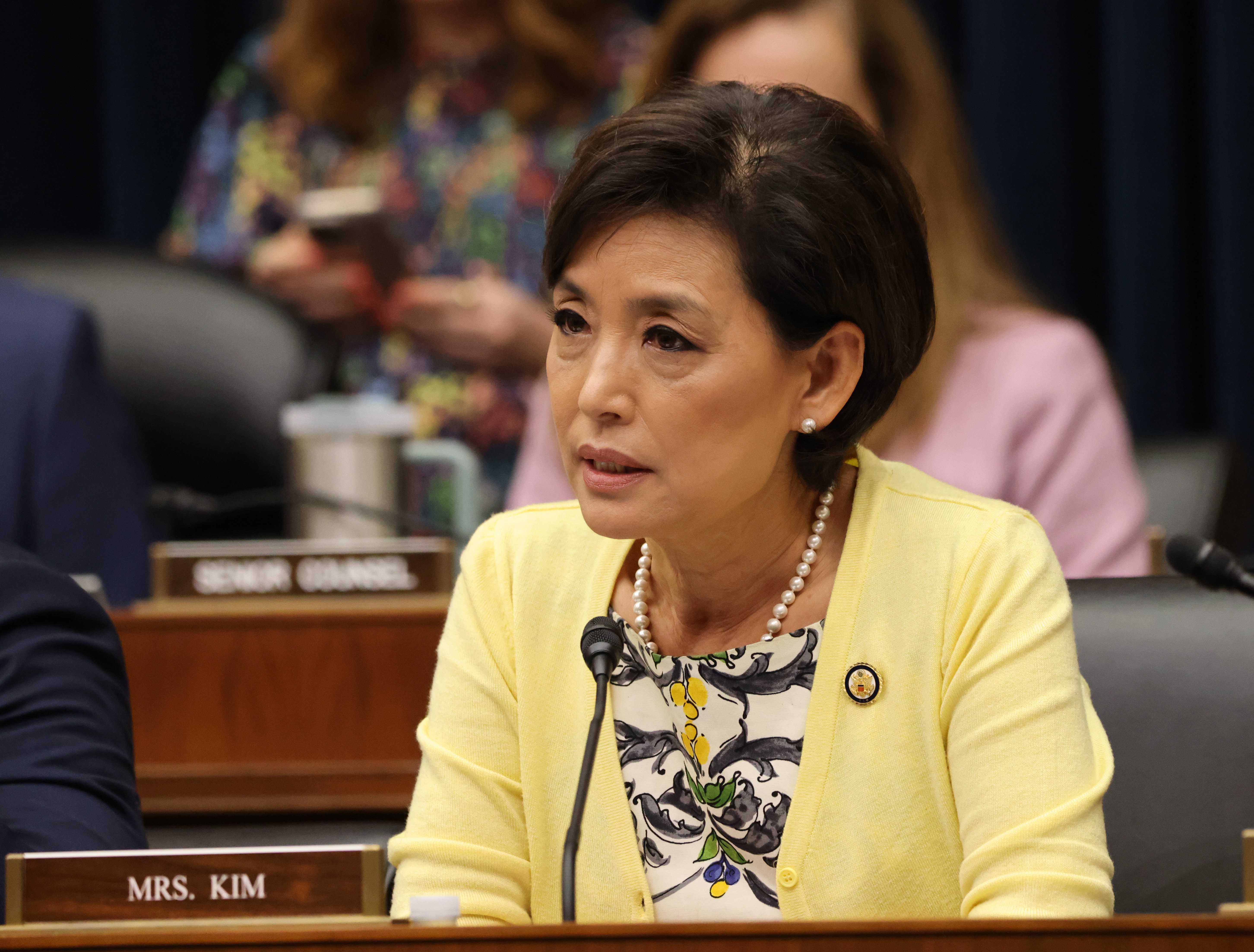Washington, DC – Today, U.S. Representative Young Kim (CA-40), who serves as Chairwoman of the House Foreign Affairs Subcommittee on the Indo-Pacific, delivered an opening statement at today’s House Committee on Foreign Affairs Subcommittee on the Indo-Pacific and Subcommittee on Middle East, North Africa and Central Asia joint hearing titled, “Examining Fiscal Year 2024 Budget for South and Central Asian Affairs.”
Watch her deliver remarks HERE and read below her opening statement as prepared for delivery.
Thank you, Chairman Wilson, I am delighted that both the Subcommittee on the Indo-Pacific and the Subcommittee on the Middle East and North Africa can work together to examine the FY24 budget for South and Central Asia.
This hearing presents a remarkable opportunity for the Subcommittee on the Indo-Pacific to shape the United States’ approach to the critical region of South Asia. South Asia holds immense significance for our foreign policy and national security interests, and the six nations in the region face a dynamic geopolitical landscape that presents challenges for U.S. policy objectives.
First and foremost, we must acknowledge the escalating assertiveness of the CCP globally, and especially in South Asia. The CCP is aggressively asserting leadership in regional economic and financial initiatives. It is promoting its “Belt and Road” initiative, an effort to boost infrastructure development and economic connectivity. The most prominent Belt and Road project, the $60 billion China Pakistan Economic Corridor, or CPEC, would grant China access to the Arabian Sea, allowing a portion of China’s seaborne trade to effectively bypass the Strait of Malacca, the strategic chokepoint that connects the Indian Ocean and the Pacific Ocean. Under CPEC, the CCP built a major port at Gwadar on Pakistan’s Arabian Sea coast, coupled with a dual-use military airbase and naval facility at nearby Jiwani. Under the guise of economic development, the CCP is using its South Asian neighbors to advance its agenda and undermining the rules based international order.
Landlocked Nepal, who has relied on India for the majority of its trade and transit routes, has recently turned to Beijing for investment, and the CCP has pledged connectivity projects that will provide alternative routes and reduce its dependency on India. With the U.S. holding and withdrawing aid in Bangladesh due to various concerns, the CCP has seized the opportunity, leaving little choice but to lean on Chinese investment. Meanwhile, the CCP has made significant and increasing foreign direct investment in Sri Lanka and has repeatedly been the top source of FDI to Sri Lanka.
Second, the CCP is intensifying up its presence both along the Indian Border and in the Indian Ocean. Chinese fishing vessels are engaging in illegal, unregulated, and unreported fishing.
Aid and cooperation play a pivotal role not only in advancing U.S. interests in South Asia, but also in enhancing their prosperity. Yet this year’s SCA budget represents a 2.3 percent decrease from the previous year, and it remains the least funded region by the State Department. At a time when the region faces the threats of terrorism, refugee displacement, and democratic backsliding, this budget discrepancy highlights the need for greater U.S. engagement.
- As the CCP aims to expand its economic activity, influence, and enhance its strategic presence, the U.S. must respond by bolstering our diplomatic presence in the region. It is imperative that we foster greater cooperation with the six South Asian nations on the economic, diplomatic, and security fronts. Our first step must be ensuring that all embassies and consulates are up and running, and we must appoint and confirm ambassadors in a timely manner.
- The U.S. must continue to deepen existing partnerships while also forging new ones. We must explore new avenues to expand our development and economic cooperation, maritime safety, and security, and strengthen the capacities of law enforcement agencies by working bilaterally with South Asian countries. Indian Prime Minister Narendra Modi’s visit to the U.S. last month delivered new bilateral initiatives to the table. Not only will this increase US-India cooperation, but it helps sets a precedent for how the U.S. should be conducting policy in the region. We must expand and accelerate such efforts across the region.
In closing, I look forward to hearing from the witnesses and Members of both Subcommittees. Thank you.




